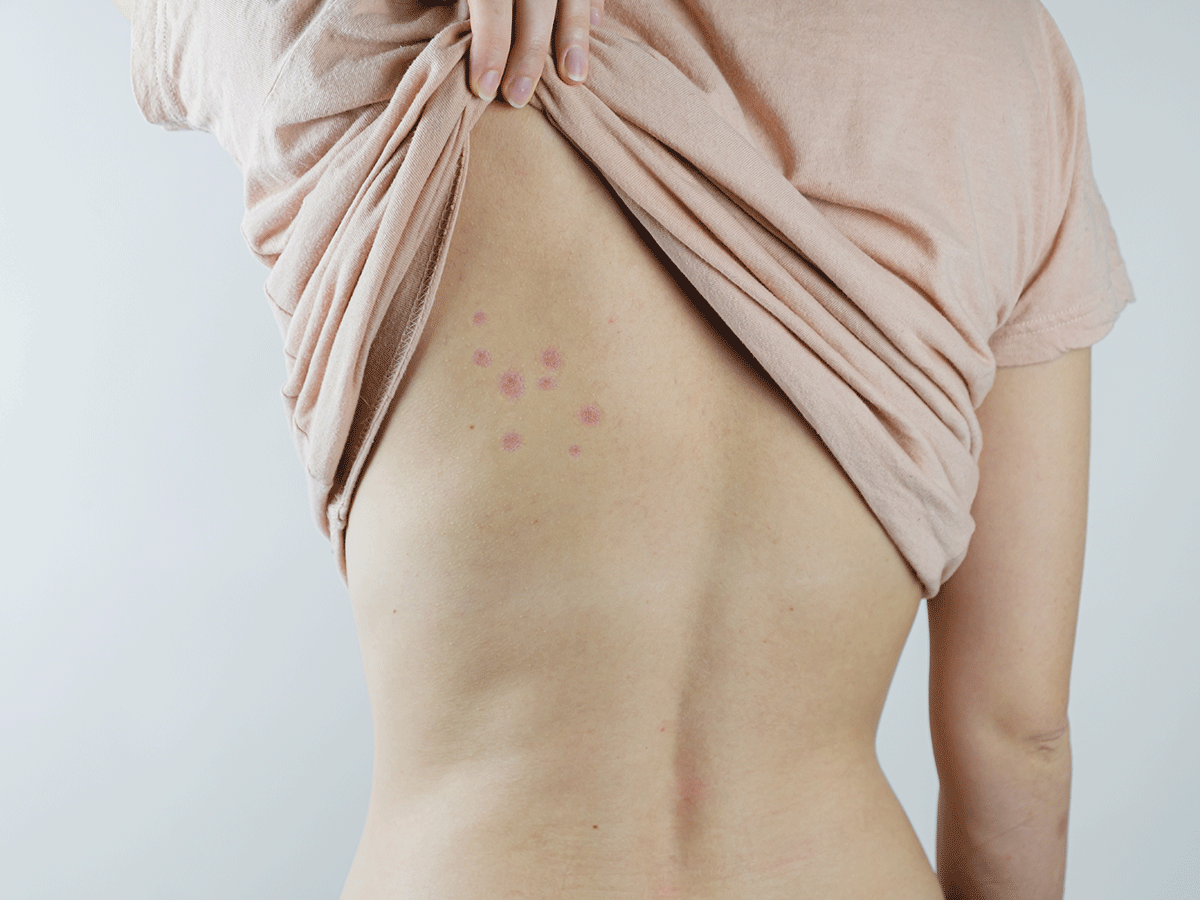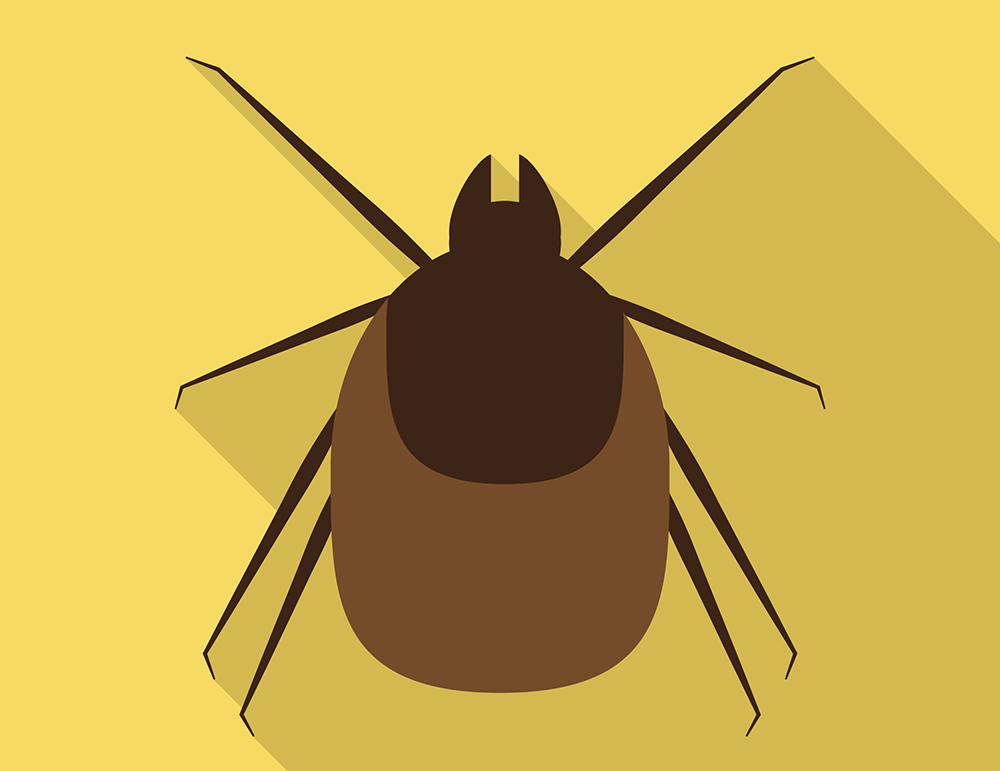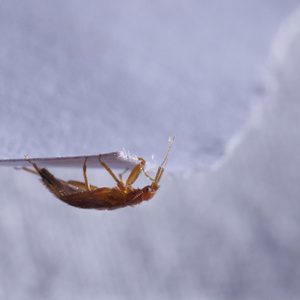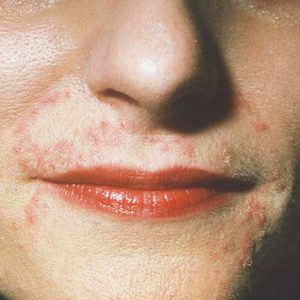Why You Shouldn’t Scratch Bug Bites

There are good reasons you shouldn't scratch that bug bite itch. Here are some anti-itch remedies that should help.
You can run, but you can’t hide from mosquitoes. In fact, running might make it worse—mosquitoes love it when you work up a sweat—although it’s not so much the sweat that attracts them as the carbon dioxide you’re exhaling as you exercise.
The reality is, insect attention can be unavoidable. So why do all these bites end up itching? And how could that oh-so-satisfying scratching be bad? We have answers.
When a mosquito bites, it pierces your skin with its straw-like mouth, and then the mosquito “injects saliva into your skin,” according to Jorge Parada MD, medical adviser to the National Pest Management Association. The mosquito’s saliva contains various proteins that your body recognizes as intruders. Your immune system goes on high alert, releasing a chemical called histamine that helps the body’s immune cells to flow freely toward the site of the bite. This process takes place whether you’ve been bitten or stung.
(Not sure if it was a mosquito? Here’s how to figure out what bit you.)
The whole complicated process is actually a healthy one. If you had a weak immune system, you would have no response, says dermatologist Jennifer T. Haley, MD, and that could leave you open to infection. Healthy as the immune response can be, however, those histamines are what causes itchiness. They’re also responsible for the swelling or bump you get where you’ve been bitten, says Dheeraj Taranath, DO, a regional medical director of MedExpress.
“From someone who has a very huge reaction to mosquito bites, it is difficult not to scratch,” says Dr. Haley. Tempting as it may be, try to resist. (Also, you may want to make sure you don’t have an allergic reaction to mosquito bites.)
Scratching is a terrible idea, and pretty much all experts agree upon this. First, it stirs up that mosquito saliva, which only increases the histamine response. Second, scratching can break the skin, which allows bacteria from both the surface of your skin and from under your fingernails to get into your body, and that can lead to a bacterial infection.
If you can’t resist the urge, at least try the safer alternative of rubbing the itchy area with the palm of your hand, suggests Dr. Taranath. He also recommends washing a mosquito bite with soap and cold water to wash off bacteria and ease the itch.
If the word histamine sounds familiar, it should. You probably have an antihistamines like Benadryl sitting on your shelf right now. The drug can quell your itch. Also consider an anti-inflammatory like ibuprofen or naproxen. Rather not take a pill? Try rubbing ice, aloe vera, or an over-the-counter 1 percent hydrocortisone cream on the affected area.
If you do end up itching and the spot bleeds, watch for signs of infection. You may need antibiotics if the infection is prolonged or severe, Dr. Taranath says.







